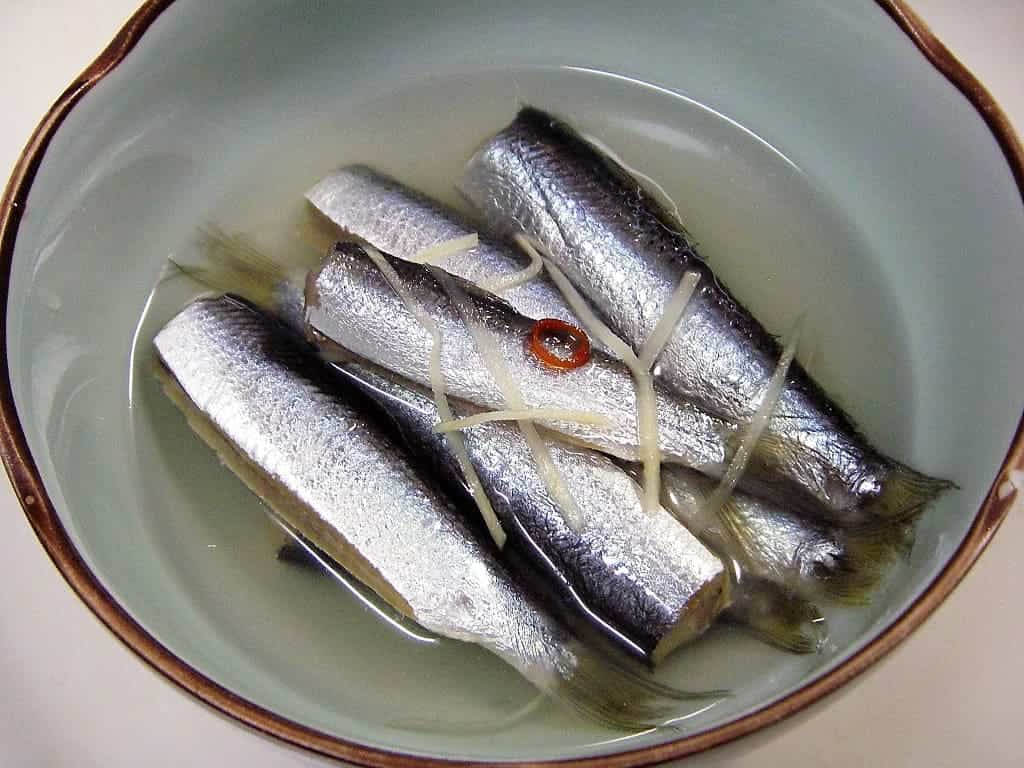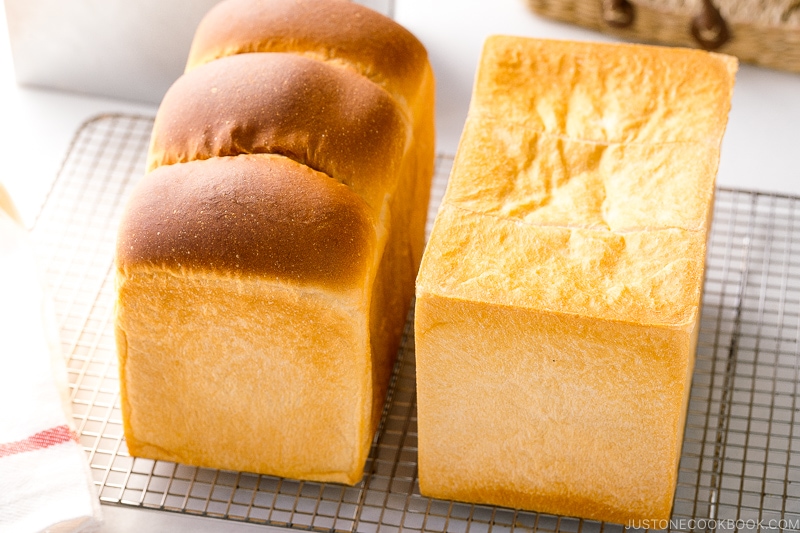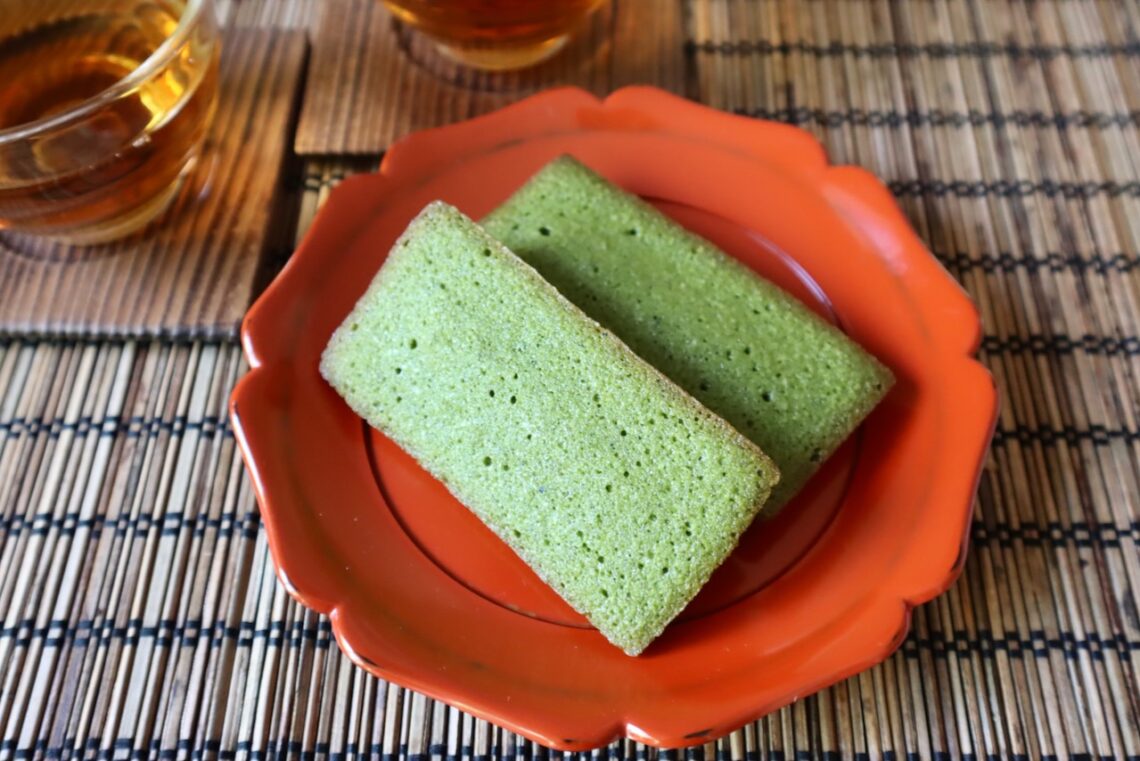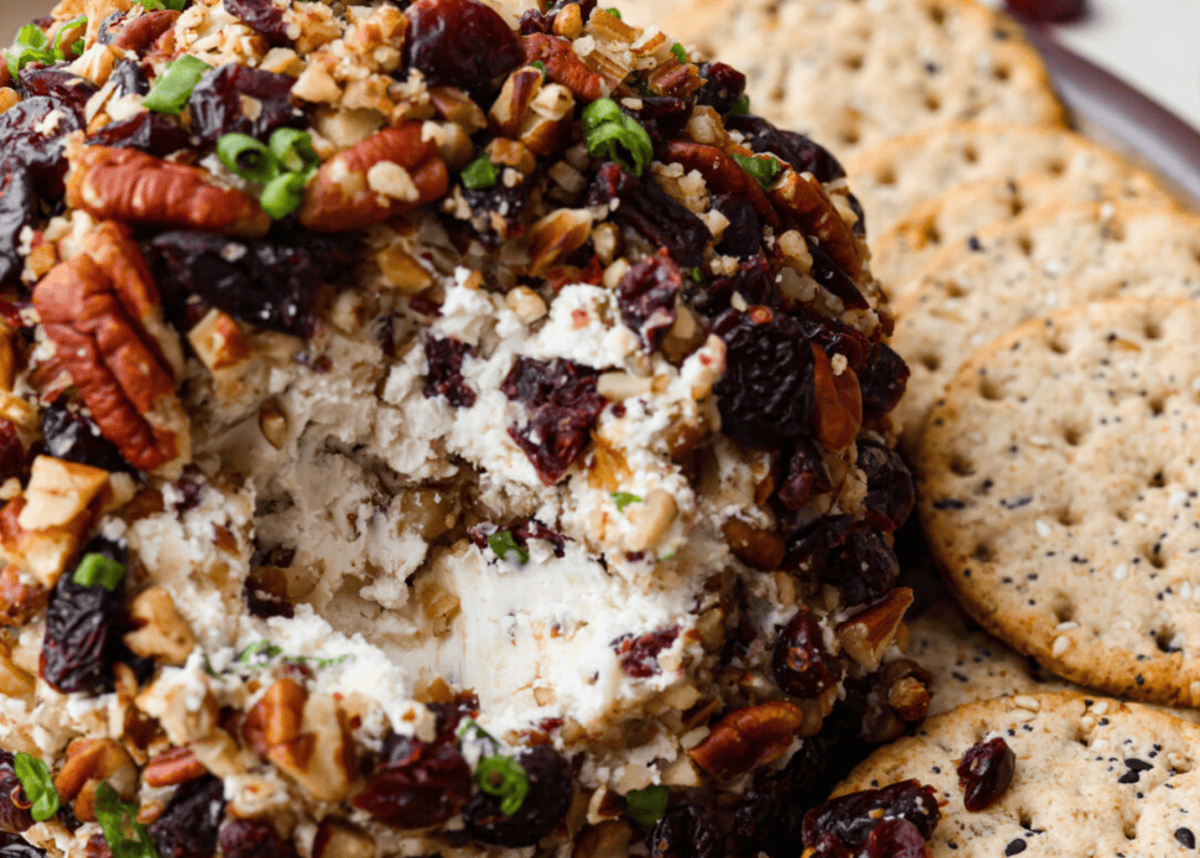
Sushi Persimmon leaf Mackerel sushi Bite size Party food Cuisine Savory
When you visit Japan, you may encounter foods wrapped in seasonal leaves, such as sakura (cherry blossom) leaves, kashiwa (oak) leaves, or hoba (magnolia) leaves. Among these, one of the most iconic dishes made with natural leaves is kakinoha sushi.
Kakinoha translates to "persimmon leaf," and kakinoha sushi is a type of sushi wrapped in—yes, you guessed it—a persimmon leaf. This unique dish hails from Nara Prefecture, where fresh fish was historically scarce due to its distance from the sea. To preserve fish and prevent spoilage, people began wrapping sushi in persimmon leaves, which naturally help retain moisture and have antibacterial properties. This ingenious method reflects the wisdom of Japan’s culinary traditions, passed down through generations.
The persimmon leaves used for kakinoha sushi are primarily harvested in early summer when they are green and soft. However, there is also a delightful variation using colorful leaves harvested in the fall, showcasing the vibrant hues of koyo—the natural transformation of green leaves into shades of red and orange during autumn.
The most common filling for kakinoha sushi is mackerel, with shime-saba (vinegared mackerel) being a popular choice. Other ingredients such as salmon, sea bream, conger eel, or boiled shrimp can also be used to create delicious alternatives.
Typically served in a bento box style, kakinoha sushi features individually wrapped pieces, making it convenient to enjoy without utensils. This presentation is perfect for gatherings or picnics, allowing everyone to easily pick up a piece.
If you ever have the chance to use persimmon leaves, try making kakinoha sushi with your favorite fish. It’s a wonderful way to experience a taste of Japan’s unique culinary tradition!
Overview
Prep time: 60 mins
Total time: 60 mins
Total servings: 20
Difficulty: Medium
Ingredients
- 20 kakinoha leaves (persimmon leaves)
- 500g steamed rice
- 50ml sushi vinegar
- 20 slices shime-saba (vinegared mackerel)
Expert's Tip

This sushi rice vinegar is a must-have for perfectly seasoned sushi rice, removing the guesswork of mixing your own blend. Its precise balance of sourness and sweetness ensures consistent results, making it a versatile choice not just for sushi but also for enhancing dressings.
Instructions


1) Gather the Ingredients
Collect all the ingredients. For the persimmon leaves, wash them thoroughly and pat them dry with a towel.
If you’re using store-bought persimmon leaves soaked in salted water, prepare a 1–2% salted water solution and soak the leaves for about 1 hour. After soaking, rinse them and pat dry with a towel.
2) Prepare the Sushi Rice
Place the hot steamed rice in a large bowl. Add the sushi vinegar and mix it quickly using a rice scoop or large spoon, using a cutting motion to prevent the rice from becoming sticky.
Allow the vinegar to blend thoroughly with the rice, then cool it to room temperature using a fan.
Once cooled, cover the rice with a damp kitchen towel to prevent it from drying out.
For more tips on making perfect sushi rice, check out this guide.
3) Shape the Sushi Rice
Weigh approximately 25g of sushi rice for each portion and shape it into small rectangular rounds. Repeat this process for all portions.
For shaping with your hands, prepare tezu (a water-vinegar mixture) to prevent the rice from sticking. To make tezu, mix 100ml of water with 2 tablespoons of vinegar and use it to lightly dampen your hands before handling the rice.
Alternatively, you can use plastic wrap to shape the rice for a mess-free option.

4) Combine Sushi Rice and Sashimi
Place the shaped sushi rice onto a clean surface, then gently top each portion with a slice of sashimi. Adjust the placement to ensure the sashimi covers the rice evenly for a neat presentation.
5) Wrap the Sushi with Kakinoha Leaves
Place a piece of sushi on the smooth, shiny side of a persimmon leaf. This side minimizes sticking to the rice. For a more vibrant presentation, you can use the opposite side of the leaf to highlight the autumn hues.
Wrap the sushi by folding the leaf from the edge towards the stem side. Securely fold the sides to enclose the sushi, following the method shown in the pictures.
Repeat this process for all 19 remaining portions. Each piece should be individually wrapped for easy handling and presentation.


6) Store the Sushi in the Fridge
After wrapping all the sushi pieces, place a heavy object, such as a tray or plate, on top to press them gently. This helps to shape the sushi tightly and allows the flavor of the persimmon leaves to infuse into the rice and fish.
Cover the wrapped sushi with plastic wrap and refrigerate for about half a day.
Note: Refrigerating the sushi for longer periods will help dry them slightly, making the pieces firmer and easier to handle.
7) Serve and Enjoy!
Carefully remove the persimmon leaves before eating and enjoy the flavorful sushi inside.
For a unique twist, try baking the wrapped sushi in a toaster oven for 5–6 minutes to enhance the flavors and aroma.
About the author
Megumi is a recipe writer based in Chiba, Japan. She carries a Bachelor in the Faculty of Foreign Studies and is interested in creating content about Japanese cuisine and traditional confectioneries. Megumi is most interested in making Japanese recipe content, and in her free time, she likes to play the piano, make handcrafted goods, and hula dance. She hopes to inspire Japanese Taste readers to make Japanese recipes at home and of course share more about Japanese culture.
View articles by Megumi Moriya











 English (US) ·
English (US) ·